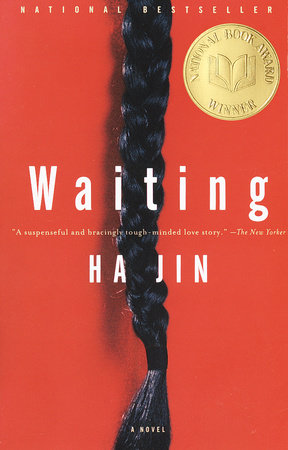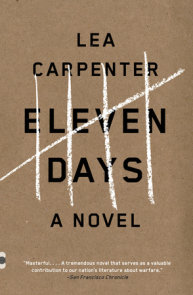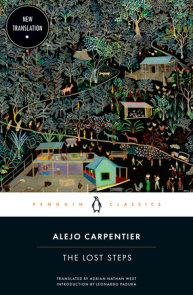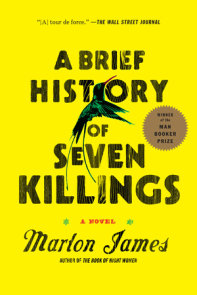READERS GUIDE
The questions, discussion topics, and author biography that follow are intended to enhance your group’s reading of Ha Jin’s National Book Award-winning novel Waiting.Introduction
Ha Jin’s novel Waiting was the winner of the 1999 winner of the National Book Award for Fiction. This quietly poignant novel of love and repression in Communist China begins in 1966 when Lin Kong, an army doctor, falls in love with the young nurse Manna Wu during a forced military march. They would like to marry, but Lin has a wife at home, in a rural village far from his army posting. His wife, Shuyu, is an illiterate peasant with bound feet, whom he was married to by arrangement so that his parents would have a daughter-in-law to care for them in old age. Each year, Lin travels back to Goose Village to divorce Shuyu in the county court; each year he is defeated, either by the judge or by the intervention of his wife’s brother. Because adultery is forbidden by the Communist Party, the years pass slowly and Lin and Manna wait chastely for their fate to change. By the time 18 years have passed–the interim after which a man can divorce his wife even without her consent–what had begun as a sweet and passionate romance has turned into something far more complicated and more real.Written with grace, wry humor, and an uncompromising realism, Waiting gives readers a story that puts their cherished ideals of individualism and self-fulfillment in a wholly different perspective.
Questions and Topics for Discussion
1. 18. Ha Jin has not returned to China since he left in 1985; in 1990, he made a commitment to write and speak solely in English. Speaking of that decision, he says, "There was a lot of fear. It’s like changing your body, to write in a different language. And it wasn’t just a matter of finding an audience, it was a matter of survival—I have a family to support. Finally I decided to write in English, absolutely uncertain of whether I could do it. I’m still uncertain! In the end, though, every project is a risk, not just the language. And that’s true for every writer."** How would you characterize the style in which this novel is written? If you have read the work of Vladimir Nabokov or Joseph Conrad, two other emigré writers who adopted English as their literary language, how would you compare Ha Jin’s use of the language?
*Atlanta Journal, 15 Nov 1999, E
2. 1.
**From "A conversation with Ha Jin," by Mary Park, amazon.com






















